In today’s technological landscape, many people are losing trust in new technologies and tech leaders. The lack of understanding how emerging technologies work and the ongoing concern about data privacy and potential psychological harms all contribute to the decline in trust among customers. Olson expands further on the challenges with trust in her article:
At Sarell, we believe the erosion of trust is exacerbated by insufficient transparency and feedback mechanisms that fail to capture and address customers’ concerns related to their well-being. Without disrupting this cycle, mistrust grows and weakens the relationship between tech companies and their customers, ultimately slowing innovation, reducing customer loyalty, and decreasing product value and profit.
On Nov 22 and Dec 7, 2024, Sarell brought together nearly 50 attendees from a wide range of backgrounds, professions, and ages to discuss trust, tech and well-being. We focused on the impact of social platforms, like TikTok, Instagram, Snapchat, etc. on the well-being of users, especially the next generation, and how best to amplify the positive effects. Attendees joined from four different continents with experience in tech, psychology, public policy, academia and research. Several students (16-24 yo) were also in attendance and actively engaged.
The (Re) Building Trust in Tech convening report is now available. Click here to view.
Inspiring and motivating audiences with techniques and practical steps to regain customer trust and attraction, effective heart-led leadership, professional tech career navigation and socially conscious tech innovation.
Public policy is a critical path to a responsible and thriving social platform industry. Research is a cornerstone to effective public policy. Researchers around the world are identifying the harmful effects of social platforms on social well-being. Sarell seeks to illuminate these findings, and poses a call to action for cross-sector professionals to understand the implications of social platforms on individual and collective well-being to influence current and new tech policies.
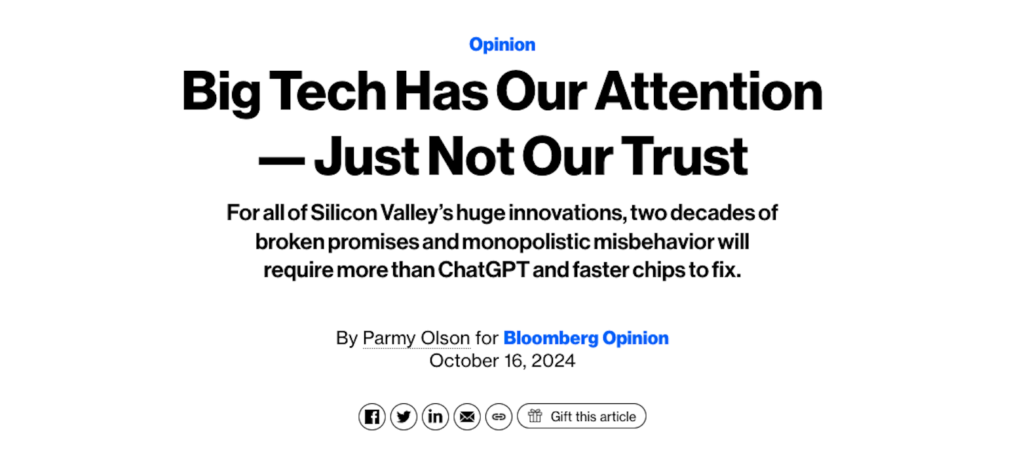
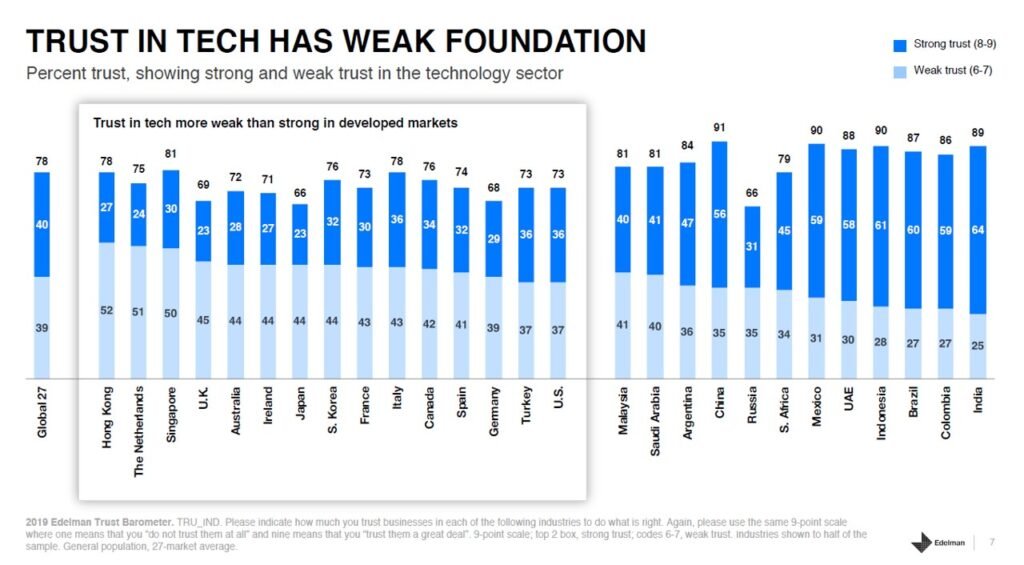
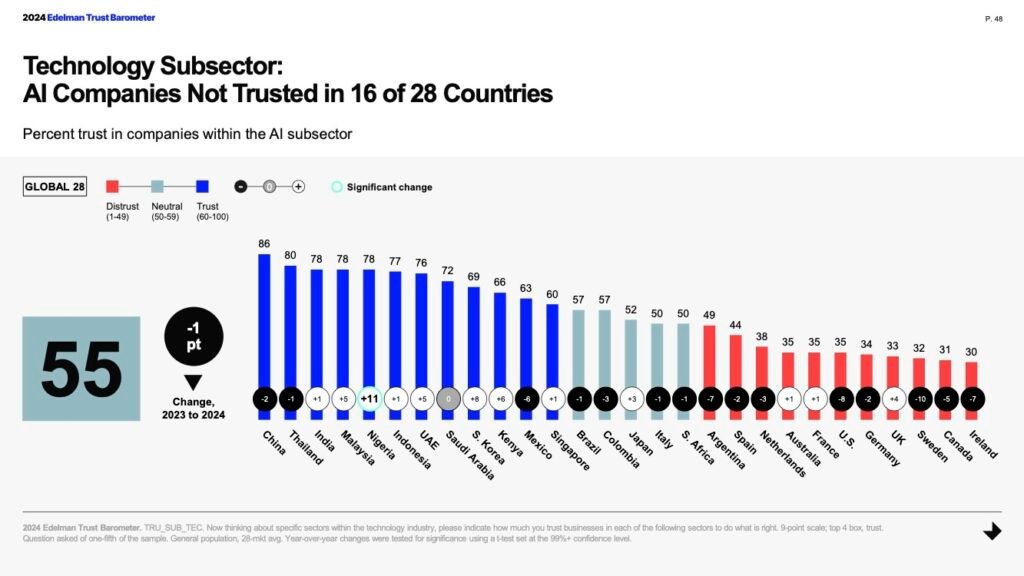
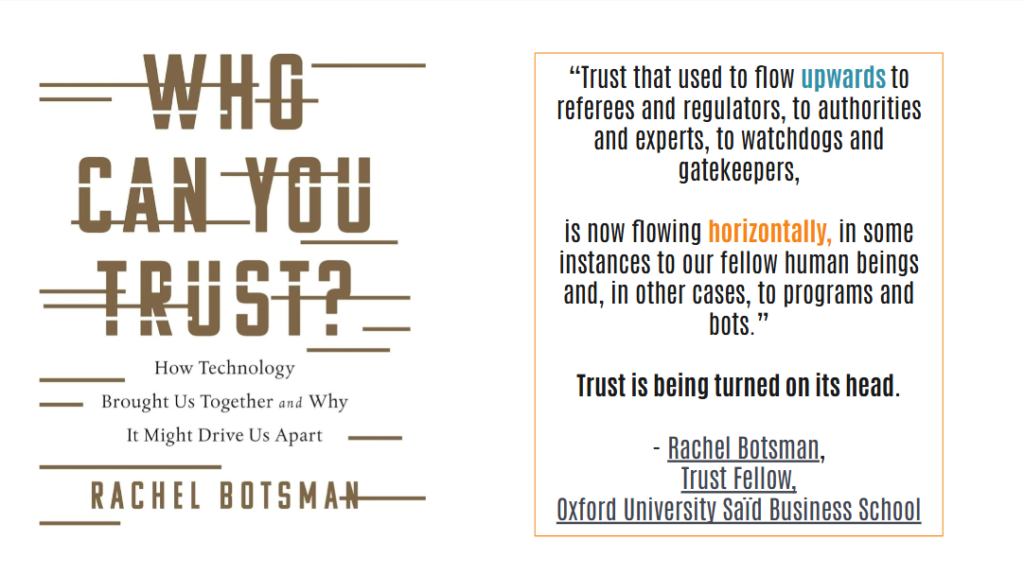
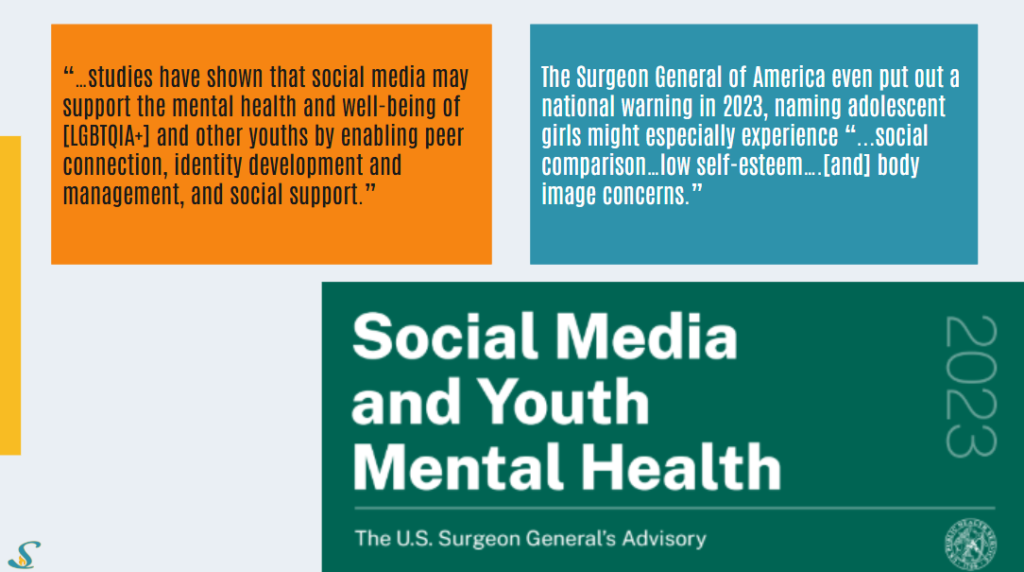
In today’s world, people are losing trust in new technologies and tech leaders. This is because they don’t understand how these technologies work, worry about data privacy, and are concerned about potential psychological harms.
This loss of trust is made worse by the lack of transparency and poor feedback systems that don’t address users’ well-being and concerns. If nothing is done, this growing mistrust could harm the relationship between tech companies and their customers, slowing down technological progress and adoption.
Sarell sees paths to solutions that include:
Connecting people, contributing to the elimination of othering, and offering various perspectives for reflection.